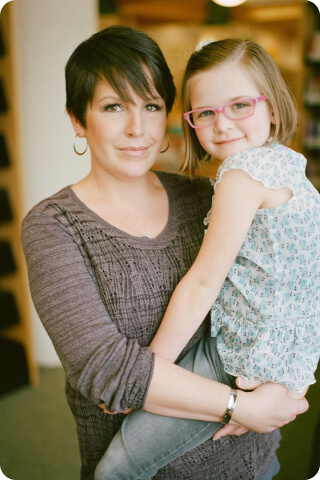
Learning disabilities and special needs are conditions that can create significant educational learning barriers for children. Some common types of learning disabilities and special needs include:
- Dyslexia: Dyslexia is a learning disability that affects a person’s ability to read, write, and spell. It can impact a learner’s ability to recognize words, decode text, and comprehend written material, making reading and writing challenging.
- Attention-deficit/hyperactivity disorder (ADHD): ADHD is a neurodevelopmental disorder that affects a learner’s ability to concentrate, stay focused, and control impulsive behavior. It can impact a learner’s ability to sustain attention during instruction, manage time and tasks, and stay organized.
- Autism spectrum disorder (ASD): ASD is a developmental disorder that affects social interaction, communication, and behavior. Learners with ASD may have challenges with social skills, communication, and sensory processing, which can impact their ability to understand and engage in educational activities.
- Speech and language disorders: Speech and language disorders can impact a learner’s ability to communicate effectively. These disorders can affect speech production, language comprehension, and expressive language skills, which can hinder a learner’s ability to participate fully in classroom discussions and activities.
- Intellectual disabilities: Intellectual disabilities are characterized by significant limitations in intellectual functioning and adaptive behavior. Learners with intellectual disabilities may have challenges with cognitive skills, such as memory, problem-solving, and abstract reasoning, which can affect their ability to learn academic content.
- Physical disabilities: Physical disabilities, such as mobility impairments or visual or hearing impairments, can create barriers to learning. These disabilities may require additional accommodations, such as assistive technology, modified materials, or physical adaptations, to enable learners to access educational content and participate fully in educational activities.
